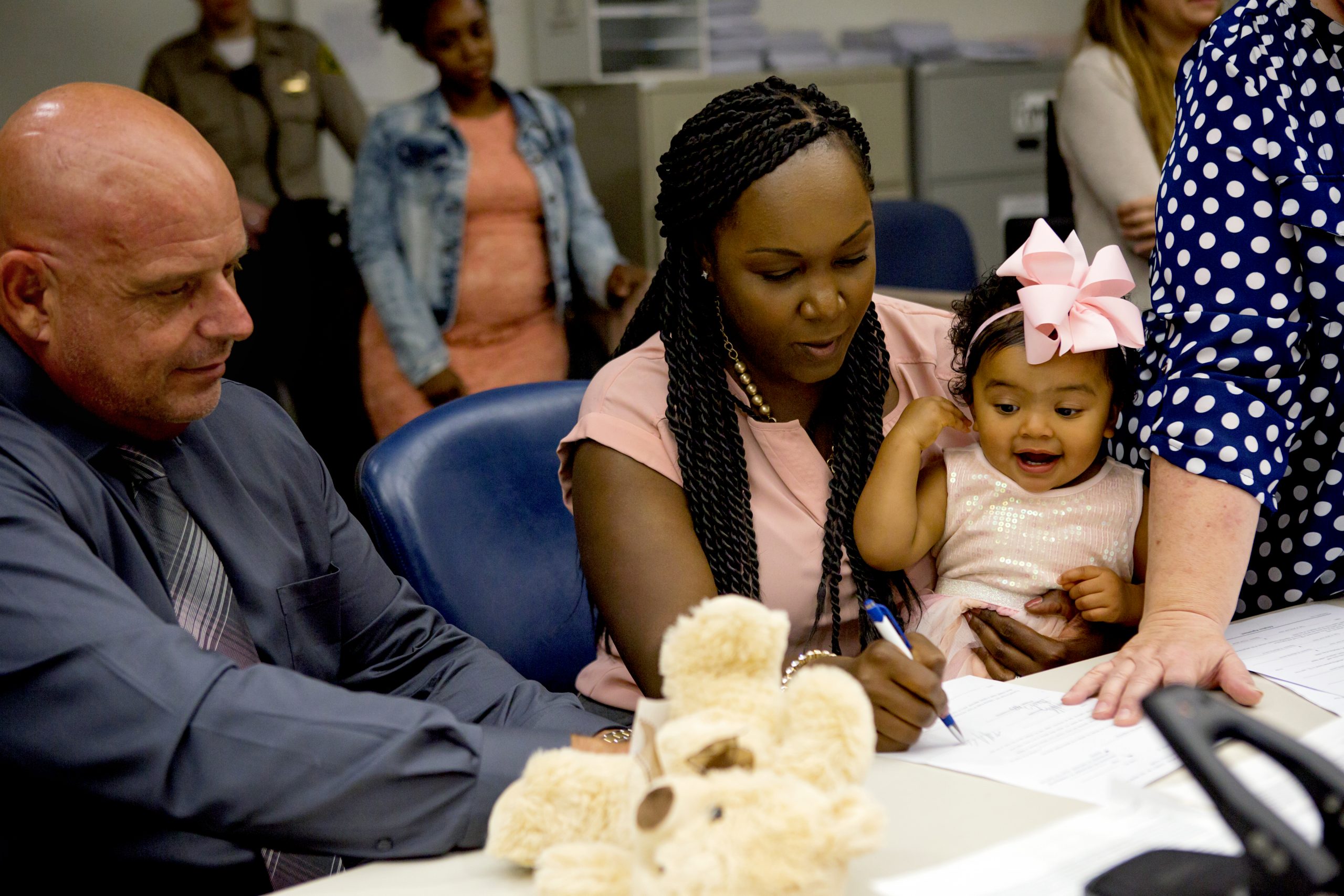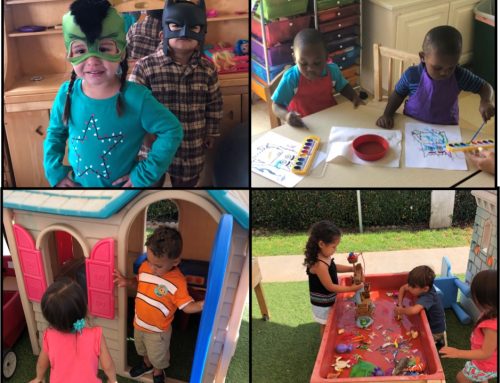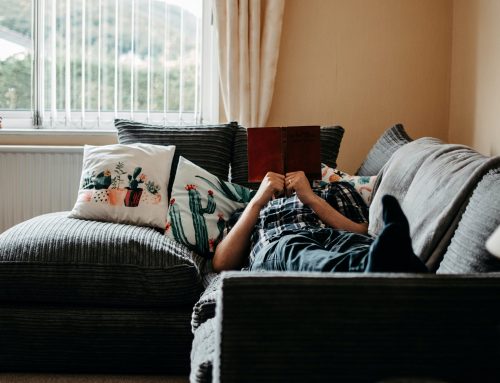How do you support the celebration, understanding, and interpretation of your child’s ethnic background when you do not share that as a commonality? This is a challenge faced by many adoptive and foster parents that welcome a child from another background into their home. In a typical family, parents can ethnically identify with their children, as well as share in the nuances of their culture, food, language, etc. They can tell them of the successes and challenges of their elders, as to connect them to the past. However, adoptive and foster parents do not always have this advantage; and with that being said, they cannot completely change their home and transform their life within the hour before the social worker arrives with their new little one. Thus, this would be another aspect of an atypical family in the foster/adopt world.
By my children being biracial, I want to ensure that I provide them with the tools to appropriately articulate to the world who they are; not only ethnically, but spiritually, culturally, etc. I realize that ethnicity is not the only component of their existence, yet as human beings it is one of the first things that we recognize about individuals. Being able to identify someone’s ethnic background allows us to “know something about others”; essentially it grants us the ability to relate to those we encounter in the world. But what happens if our children do not know their own ethnic story? How can they appropriately provide insight to others as to who they are? Additionally, because my children are biracial, they can also seem racially ambiguous. This adds an additional layer of the “unknown” not only to them, but to others as their physical traits may not easily place them amongst one ethnic group. Like all parents, shielding my children from potential harm or suffering is a lifelong commitment. I want to safeguard my children from feeling like an outsiders or bystanders to their ethnic peers. Essentially, I want to eliminate (as best as possible) another reason for them to feel like they do not belong or are “different.”
In our home, we have made a commitment to create a safe and supportive environment that promotes diversity, embraces cultural differences, and supports our children in the understanding of their ethnic imprint. We have chosen to embrace it by incorporating the following tips to celebrate and explore our children’s ethnic identity:
- Do not support racism on any level. Don’t laugh at jokes, make inappropriate comments, etc. Our children are little sponges and they are soaking everything up (even the things we don’t want them to). It would be unfortunate if our children developed a negative self-image, based on a comment they overheard us saying jokingly.
- Do not be afraid to access your ignorance- A lot of times as parents, caregivers/guardians we feel compelled to have all of the answers. DON’T! Being the “expert” all of the time can be a daunting task. Give yourself the permission to not have all of the answers. Discover the answers alongside your child. This will allow you to seek the right answers and guidance where they can be found!
- We explore all cultures. Although we have no Asian background, we can often be seen eating dim sum, learning about feng-shui or tai chi, visiting art exhibits at the Norton Simon Museum, or having a family make-your-own sushi night. Being open to learning about all ethnicities, opens the curiosity and conversation about exploring your own!
- Support their play by providing a range of dolls with varying features, hair colors, eye colors, etc.
- Watch culturally diverse television shows.
- Purchase crayons with an array of skin tones.
- Cook dishes from other cultures alongside your children. This can lead to fun themed nights for the whole family.
- Purchase children’s world instruments from educational stores for your children to play with.
- Make the dress-up bin about more than princess dresses. Incorporate cultural clothing.
- Be an ethnic super hero for Harvest Day/Halloween. In celebration of our daughter’s natural unibrow, we opted to have her dress up as the famed Mexican artist, Frida Kahlo, rather than a cartoon character.
- Listen to music in different languages while in the car, cleaning the house, or playing in the yard and watch your children’s eyes light up.
- Visit museums, street fairs, and public events that celebrate your child’s unique ethnic imprint.
- Allow your child to be the little Indiana Jones and seek information to report back to the entire family. You might inspire your child to become a great historian!!!
- Ask your children open-ended questions to encourage dialogue about their experience and what they are learning.
- We make sure that we celebrate the ways we are similar, just as often as we celebrate the ways in which we are unique. I say this to emphasis that although we may share limited ethnic similarities, we share many cultural alliances. How? I celebrate the culture of being a woman; culture of living in a 2-parent household; culture of being a woman of color; being a Disney fanatic!
- Purchase culturally diverse books. As a book lover this is one of my favorites! There is nothing better than cuddling and reading books from the Lil’ Libros collection. Our go-tos: Selena, Celia, El Chavo, Frida, and Loteria.
- Lastly (and definitely not least), we keep an ethnically diverse group around our family. We are lucky to not only have many family members that have bi-racial families, but friend groups that are widely diverse. Additionally, we live in Southern California where ethnic and cultural groups change not only by the region, but by the block. So take advantage of it!
Still, as a woman of color, I too question “Am I doing enough to support my children’s ethnic identity?” I have to remember that any and every attempt to support my children in this discovery, is better than no attempts at all. I keep it in the frontal lobe of my brain, just as I do with keeping them safe, loved, and nurtured; so that in the end I can rest assure that my little ones grow into confident, self-assured, and well-rounded people.
Written by:
Tiffany Carey, Serenity Foster and Adoptive Mother
Tiffany is an African-American woman, with a degree in ethnic studies and education. She is happily married to a white man, and they have adopted a bi-racial African-American/Hispanic little girl. Tiffany states that “Diversity is obvious to say the least when you look at us, but existing is not enough. We have to do more to make sure that we dive deeper into self.”
Photo Credit: Blyss Photography







